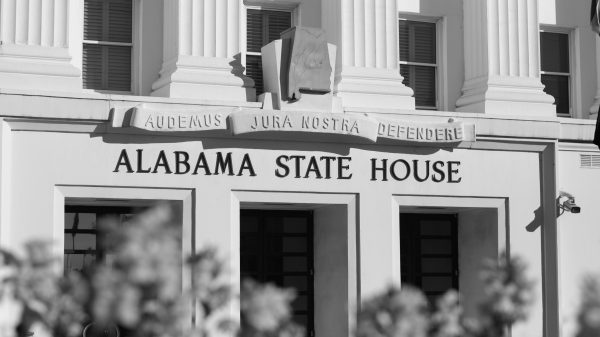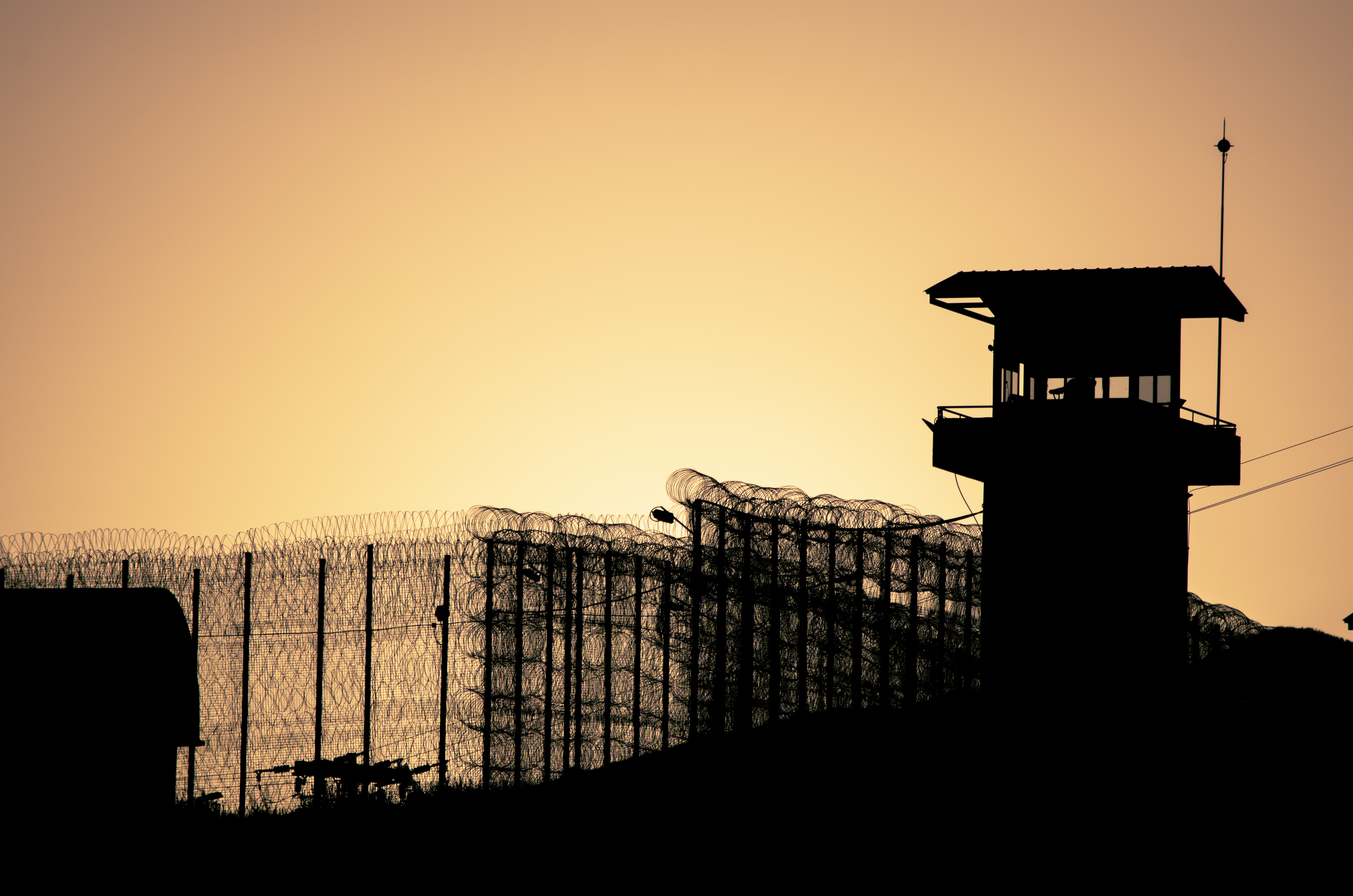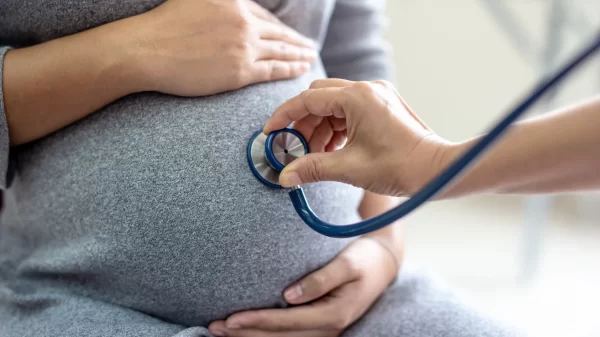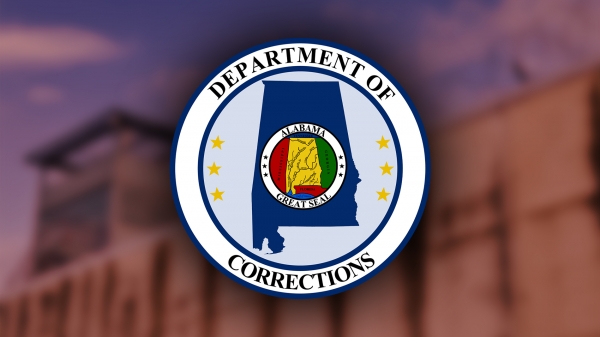The Alabama Department of Corrections on Friday opened submitted proposals for the construction of three new prisons in the state, moving Gov. Kay Ivey’s plan for the state to lease three new prisons, to be built by private companies, one step further.
The opening of the proposals took place in a conference call, only the names of the companies who submitted proposals were read, and no questions to ADOC were allowed.
Ivey’s plan to build the new prisons now moves into an evaluation period, then into a “confidential negotiation period” between the company or companies selected and the state.
The public isn’t to learn about the details of any deal the state might enter into until after the deal has been signed off on by ADOC and Ivey, according to statements made by ADOC and Ivey’s office.
ADOC spokeswoman Samantha Rose in a statement Tuesday said that due to the COVID-19 pandemic and Centers for Disease Control and Prevention recommendations on large gatherings the opening of the proposals would be done by conference call.
“Please be advised questions will not be permitted at the Opening,” Rose said in the statement.
The companies and groups who submitted proposals to build one or more of the three new facilities were:
- Alabama Prison Transformation Partners, a group made up of Star America, BL Harbert International, Butler-Cohen, Arrington Watkins Architects and Johnson Controls.
- CoreCivic, a private prison company, in partnership with Caddell Construction; DLR Group and R&N Systems Design.
“The dire need for new prisons becomes more prevalent and evident with each passing day,” Ivey said in a statement. “It is no secret that our current facilities, which were constructed decades ago, are structurally failing, no longer can safely house inmates, and simply cannot provide the critical, 21st-century programming and rehabilitative services this population desperately needs to successfully reenter society.”
Ivey said she is confident that this transformative initiative will improve the state’s prison infrastructure by replacing aging and dilapidated facilities that “increasingly pose public safety risks and only will continue to unnecessarily drain taxpayers’ dollars.”
“I remain committed, as I have from day one, to continue to work closely with the Legislature – on both sides of the aisle – throughout the procurement process,” Ivey said. “Frankly, I will not rest until we have an acceptable solution to this problem, which cannot be ignored and will not go away on its own.”
For at least the next six weeks, a committee including officials with the ADOC and the Alabama Department of Finance will evaluate the proposals and make recommendations to Commissioner Jeff Dunn, according to a statement from Ivey’s office Friday.
After the evaluation period, ADOC expects to announce later this summer the company or companies who’ve been selected to move forward into a “confidential negotiation period,” and once terms are agreed upon between the state and the entities, those terms are to be shared publicly in the fall, according to the statement.
“Every day, I hear from concerned lawmakers, journalists, and loved ones of inmates who are frustrated by the ADOC’s long-standing challenges and demand improved living conditions and rehabilitative services for those incarcerated in Alabama’s prisons,” ADOC Commissioner Jeff Dunn said in a statement Friday. “While these challenges certainly cannot be solved by new facilities alone, they absolutely cannot be solved without them. As Commissioner of the ADOC, I share these frustrations and am committed to instituting positive change, which is why I staunchly am advocating for the construction of three new men’s facilities – it is the only way forward. These new facilities, coupled with increased staffing, will allow for improved rehabilitation, programming, and healthcare, all of which will have tangible and measurable societal benefits.”
Criminal justice reform groups and advocates for incarcerated people have for many months expressed concern that ADOC and state legislators make substantive changes to sentencing laws in Alabama, and to what they say and the U.S. Department of Justice says are systematic problems of violence and corruption in the state’s prisons.
Alabamians for Fair Justice, a group of advocacy organizations and formerly incarcerated people, in a statement on Feb. 18, said that Alabama spends $500 million in taxes annually to house more than 22,000 people in state prisons, yet the prisons remain “dangerous, overcrowded, and understaffed.”
“Governor Ivey’s main solution to Alabama’s unsafe prisons is to spend $2.6 billion taxpayer dollars to ‘lease’ three new mega-prisons that would be built by a private, for-profit corporation,” the statement reads.
“When you have the worst prisons in the country, the solution is not to build more. The solution is to enact smart, commonsense reforms to provide treatment, services, and alternatives in communities and keep people out of prison,” said LaTonya Tate, executive director of Alabama Justice Initiative and a 2018 Soros Justice Fellow.
A U.S. Department of Justice report released in April 2019 details numerous problems federal investigators found in Alabama’s overcrowded and understaffed men’s prisons with respect to sexual violence, assaults and corruption.
The report also found that the state Legislature’s previous reforms to sentencing laws, done in an effort to reduce prison population, were not made retroactive and had a “minimal effect” on the issues raised in the investigation.
Recent legislation aimed at more sentencing reforms and other changes lawmakers hoped might fix more of the state’s prison problems stalled after the COVID-19 crisis temporarily halted this year’s Legislative session. It’s possible that Ivey could call for a special session to address the prison problems, however.
The DOJ report also noted in the report that new prisons alone won’t be enough to safeguard the inmates’ Constitutional protections from cruel and unusual punishment.
“While new facilities might cure some of these physical plant issues, it is important to note that new facilities alone will not resolve the contributing factors to the overall unconstitutional condition of ADOC prisons, such as understaffing, culture, management deficiencies, corruption, policies, training, non-existent investigations, violence, illicit drugs, and sexual abuse,” the report reads. “And new facilities would quickly fall into a state of disrepair if prisoners are unsupervised and largely left to their own devices, as is currently the case.”























































